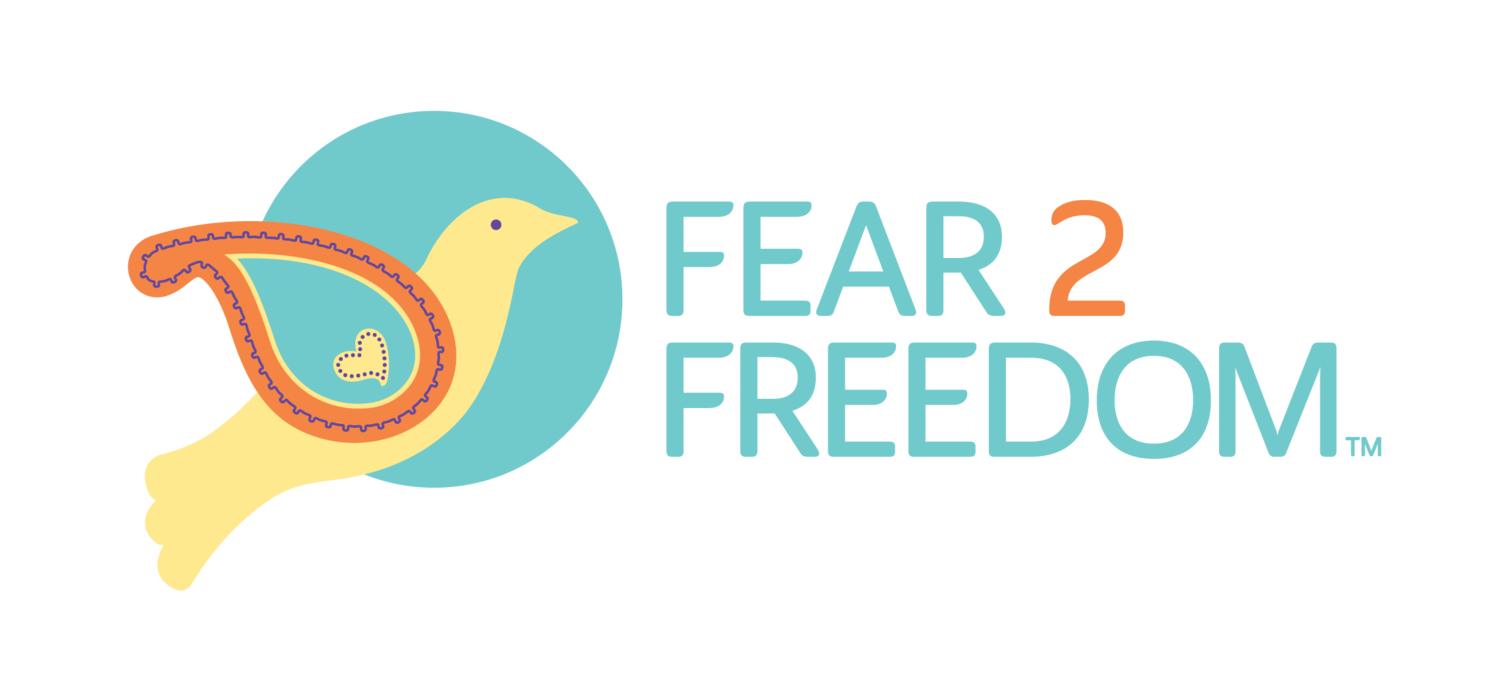CONTENT NOTICE: SEXUAL VIOLENCE
written by: Josie Carter, Logistics & Partnerships Intern (Fall 2022)
Every 68 seconds someone is sexually assaulted in the United States, but only 310 out of 1,000 get reported to the police. Survivors that speak up often go through an intense and invasive examination to collect evidence. This evidence is then kept and saved in a physical evidence recovery kit, also known as a “rape kit.” There are an overwhelming amount of rape kits that have gone untouched and untested. This accumulation of forensic evidence is referred to as “backlog.”
How Evidence is Collected?
To fully recognize the magnitude of the problem there first has to be an understanding of how this evidence is collected. Survivors who decide to go to the police often end up going through a SAFE exam, or a Sexual Assault Forensic Exam. This is when evidence of the incident on the survivor’s body and/or belongings are collected and documented. Included in the rape kit are tools that the nurses us for this exam, including:
Tubes and containers for blood and urine samples
Paper bags for collecting clothes and other physical evidence
Swabs for biological evidence collecting
A large sheet of paper where the victim undresses to collect hairs and fibers
Dental floss and wooden sticks for fingernail scrapings
Glass slides
Why Does Backlog Happen?
After the evidence is collected from the survivor, the rape kit is sent to law enforcement to be tested and analyzed for, among other things, any remnants of DNA that could trace back to the perpetrator(s). Unfortunately not all kits get tested, which leads to the backlog. There are a few reasons for this. There are the technical issues:
The kit didn’t make it to the lab. This is known as the “hidden backlog”, when DNA evidence was collected by law enforcement and forensic nurses but the kit did not make it to the lab. A main source of this problem is the failure to keep track of the kits once the evidence has been collected.
The kit arrived to the lab, but was never tested. Crime labs and law enforcement agencies do not have enough resources to test all the kits they received. This is due to the lack of funding, technology, and staff. It costs about $1,000 - $1,500 to test a rape kit, and crime labs having to test thousands of DNA samples from these kits, there is not enough time or money to do so in a sufficient manor.
And there are also underlying problems in the system:
Lack of policies and protocols for rape kit testing. Many police departments do not have clearly written policies for testing rape kits. Most of the time the discretion of whether or not a kit gets tested is at the hands of the detective. Their decision can be influenced by the department’s prioritization of sexual assaults, having little resources and/or staff dedicated to investigate such cases, or bias, where the detective does not fully believe the survivor or blames them for the crime taking place.
Knowledge gaps and lack of training. Law enforcement officers who are not educated on the impact of trauma can label a case as “unfounded” if they feel as though the survivor's story is not credible if they have trouble recalling details, or that the survivor is being uncooperative if the victim walks out from the process out of fear, privacy concerns, or poor treatment by law enforcement or prosecutors. Also, the lack of training about the importance of DNA evidence and the criminal patterns of the offenders, where they use shame and fear to control the victim into not saying anything, can also lead to sexual assault cases lying cold.
Whether the identity of the perpetrator is known. Many times, the DNA evidence collected in rape kits is only tested when the perpetrator is unknown. Testing every rape kit, even the ones where the offender is known, can link the same DNA between cases and potentially find a serial offender.
What Can We Do?
There are so many survivors out there who went to the police for help and endured an invasive exam after such a traumatic event, just for their kit to be sitting on a shelf with all the evidence that could be used to bring justice. Survivors should not feel as though their experience is not being taken seriously or brushed off like it is just another case, because to them, it was a life-altering experience and not just another crime statistic. So what can we do to help?
Take Action! Contact your representative and share on social media about the need to end the backlog.
Donate! Support organizations that are dedicated to ending the backlog and advocating for policies and regulations that facilitate justice for survivors of sexual assault.
Learn! Learn more about your state’s response to the backlog and how you can get involved.
End the Backlog is an organization dedicated to eliminating the existing backlog of rape kits, and also preventing backlog in the future. Their goals are to:
Increase Public Awareness
Engage Communities and Government Agencies and Officials
Advocate Legislative Reform and the Creation of Policies at the Local, State, and Federal Level
RAINN (Rape, Abuse &Incest National Netwrok) leads campaigns to pass and renew key federal laws pertaining to DNA evidence and justice for survivors, such as:
Justice For All Act of 2004
DNA Fingerprint Act of 2005
Debbie Smith Act
Sexual Assault Forensic Evidence Reporting (SAFER) Act
Sources: End The Backlog (1) (2) | RAINN (1) (2) | The Arkansas Journal of Social Change and Public Service (1)


